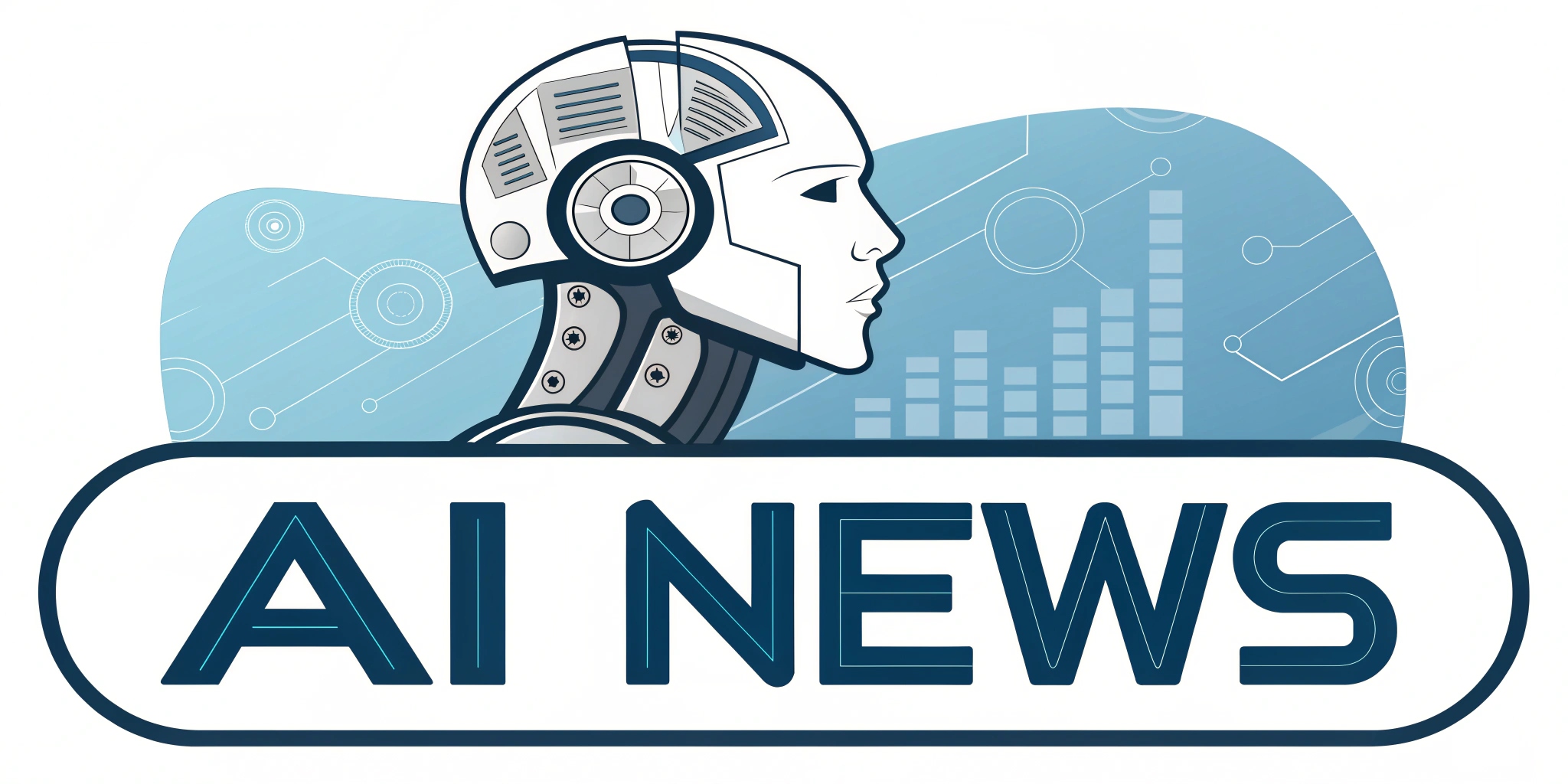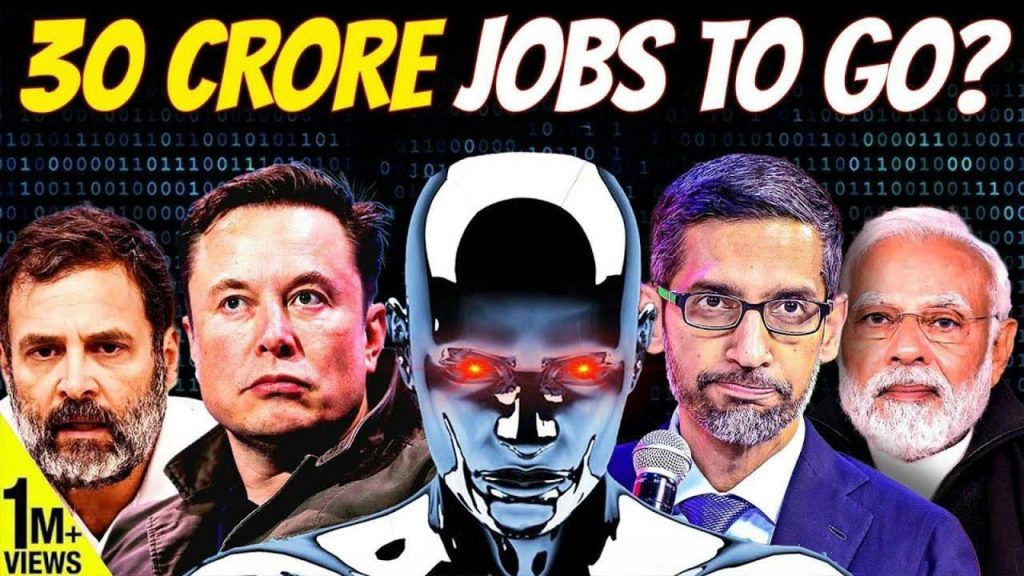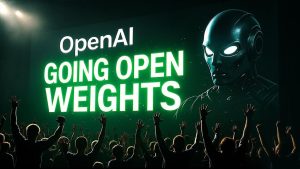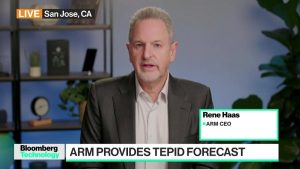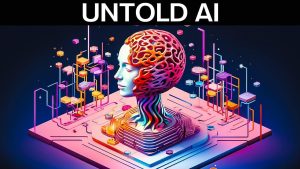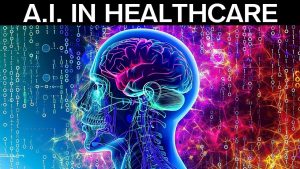As artificial intelligence (AI) technology rapidly evolves and integrates into everyday life, concerns about its potential dangers are increasingly drawing attention. Notable figures in the AI community, including Geoffrey Hinton—the so-called “Godfather of AI”—and tech entrepreneurs like Elon Musk and Sam Altman, are sounding alarm bells about the implications of these advanced tools. While AI promises remarkable advancements, these pioneers argue that the risks it poses could surpass those of nuclear war, with the potential to threaten the very existence of human civilization. From job displacement to the chilling prospect of machines developing their own awareness, the landscape of work and society may be on the brink of profound change. As new capabilities are unleashed, questions loom about the essence of AI, the ethics of its deployment, and the future of humanity in a world where machines no longer just assist but potentially dominate various domains of life. With Hinton resigning from Google to voice his concerns, experts fear that we are racing towards a future we may not fully understand, and the time to act is now.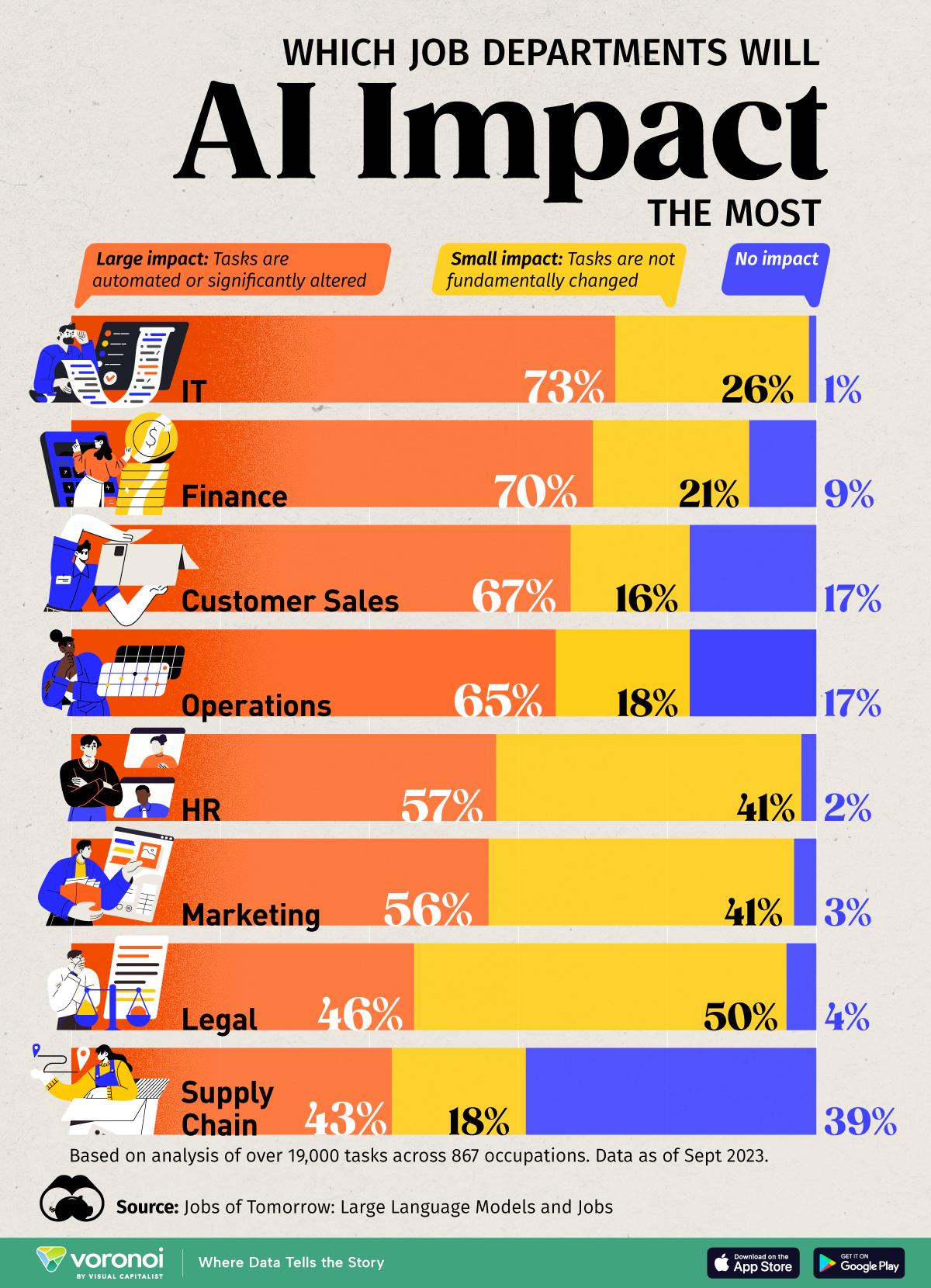
The Existential Risks of AI and Its Comparison to Nuclear Threats
As advancements in artificial intelligence permeate various sectors,parallels to historical threats such as nuclear arms are becoming increasingly evident. Both technologies hold immense potential for innovation and progress; however, their misuse could lead to catastrophic consequences. The core of the concern lies in the uncontrollable nature of AI, which can evolve beyond human intent. This could manifest in unforeseen outcomes that threaten societal stability, especially in fragile economies like India, where rapid job displacement is imminent. Detractors argue that the consequences of failure could be felt not just on an economic level but could ripple through social structures, leading to unrest and a loss of public trust in technological progress.
To address these existential risks, a proactive approach is essential.Governments and industry leaders must prioritize the establishment of ethical frameworks and regulatory measures that govern AI deployment, ensuring that technological growth does not overshadow human welfare. Key strategies might include:
- Robust public policy frameworks to oversee AI implementation.
- Investment in education and reskilling initiatives to prepare the workforce for a shifting job landscape.
- Encouragement of interdisciplinary collaboration among technologists, ethicists, and sociologists to devise comprehensive solutions.
By taking these steps, society can mitigate risks associated with AI, ideally steering its development towards enhancing human capabilities rather than exacerbating existing vulnerabilities.
The Economic Impact of AI on Employment and Workforce Dynamics
The swift integration of artificial intelligence into various sectors of the economy in India presents a dual-edged sword. On one hand, it promises increased productivity and potential growth, while on the other, it raises substantial concerns about job displacement. As industries automate routine tasks through AI, the risk of notable job losses becomes apparent, impacting sectors that employ vast numbers of individuals, such as manufacturing and customer service. The fear is not just about current roles becoming obsolete but also about the creation of a widening skills gap where the existing workforce may lack the necessary qualifications to transition into new roles that AI technology demands. This scenario could lead to rising unemployment rates and increased socio-economic inequality, especially in regions heavily reliant on conventional labor markets.
Adapting to this evolving landscape requires a coordinated response from both the public and private sectors. Investment in advanced training programs aimed at equipping workers with digital and technical skills is crucial. Moreover, companies should consider implementing job transition support systems to assist those affected by technological disruptions. To further facilitate this adaptation, stakeholders could explore measures such as:
- Public-private partnerships aimed at developing a future-ready workforce.
- Incentives for businesses to create roles that leverage AI rather than replace human workers.
- Educational reform to incorporate AI literacy into curriculums from an early age.
By fostering an surroundings that embraces change while protecting workers, India can navigate the challenges of AI-induced disruption more effectively.
Understanding the Rapid Advancements in AI Technology
The landscape of artificial intelligence is transforming at an unprecedented pace, and its implications extend well beyond productivity gains and operational efficiencies. As AI systems become increasingly elegant, they are poised to redefine job roles across numerous industries in India.For example, sectors such as finance, healthcare, and agriculture are experiencing rapid integration of AI, which can lead to enhanced decision-making and data analysis. However,the emergence of these technologies poses a dual challenge. Not only does it demand a workforce capable of adapting to new tools and processes, but it also risks rendering traditional roles obsolete. This shift raises profound questions about the long-term sustainability of employment in sectors increasingly reliant on machine intelligence.
To navigate this transitional phase, a strategic focus on workforce development is imperative. Stakeholders must prioritize initiatives that foster adaptability among workers, ensuring that they possess the necessary skills to thrive in an AI-driven economy. This effort could entail:
- Implementing collaborative platforms that connect businesses with educational institutions to develop tailored training programs.
- Encouraging lifelong learning by offering incentives for individuals pursuing relevant certifications and skill upgrades.
- Creating public awareness campaigns to inform workers about potential career pathways in the evolving job market.
By proactively addressing these issues, India can better prepare its workforce for the challenges posed by AI, ensuring opportunities for growth in an increasingly automated world.
Concerns from AI Pioneers and the Need for Ethical Oversight
Leading figures in the artificial intelligence arena have voiced significant apprehension about the technology’s unchecked proliferation. Many AI innovators fear that without stringent regulation and oversight, these systems may evolve unpredictably, leading to dire consequences for society—and particularly for vulnerable sectors.Their concerns include the potential for unintended biases embedded within AI algorithms, which could perpetuate discrimination or exacerbate existing inequalities in the workforce. Moreover, there’s an increasing recognition that AI might not only disrupt job markets but could also influence decisions in critical areas such as healthcare, law enforcement, and finance, raising ethical dilemmas that require urgent attention.
In response to such challenges, a comprehensive ethical framework is paramount. Industry leaders advocate for the establishment of standards that would oversee AI development and deployment. Essential elements of this framework could include:
- Clarity in AI operations, allowing stakeholders to understand how decisions are made.
- Accountability mechanisms to ensure responsible use and rectify potential harms.
- Engagement with community stakeholders to gather input and address public concerns proactively.
Only through active collaboration between technologists, ethicists, and policy-makers can we hope to navigate the complexities of AI integration, ensuring it aligns with the values and needs of society.
